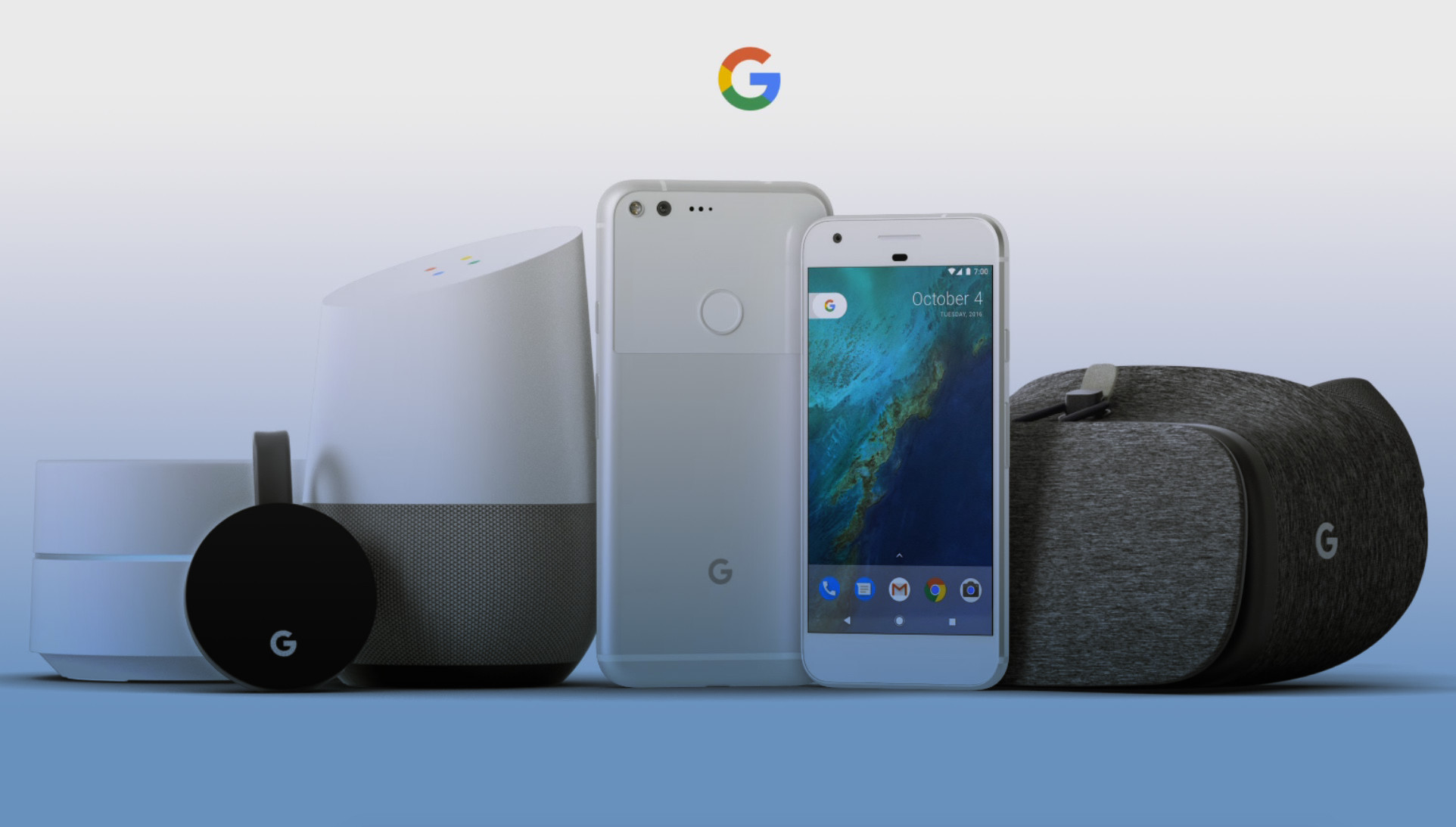Today's Google event was all about hardware and software playing together but with AI and machine learning (a.k.a. Google Assistant) becoming the key differentiator. Google is deepening its leverage in the knowledge graph and engineering talent by using search, maps/location, and language/text to speech, expressed in products that people interact with on a daily basis, not just the web browser.
Sundar Pichai, who has been at the helm of Google for one year this month, called this transition going from a mobile first world to AI first. He's not putting smartphone's dominance in question, but rather establishing that this is Google's bet beyond the smartphone and beyond Android, where they can outperform the likes of Apple, Microsoft, and Amazon. Think back about search engines and how Google wasn't first to market, but once they established their lead and the advantage became so prevalent as to become the default choice for most people, outdoing Google in search became next to impossible.
There are very few players today with the kind of access to personal data that will let them connect the right dots and deliver on a true personal AI assistant (Facebook is the other prime example), so Google's intention is to bring the competition to their own turf where they have the field advantage and where they could produce a gap so big that in the long run, they'll be able to outdo those competitors.
Moving on to the products, call this "Google Hardware 1.0." Until now, Nexus phones and other Google gadgets used to live in relative isolation. Today's announcement was somewhat reminiscent to an Apple event in that the family of products are building an ecosystem by controlling hardware and software together. The rumored Pixel is a new "made by Google" smartphone, there's a new sub-$100 VR headset, a new Google Wi-Fi router and a Home device that acts on voice commands, and finally a new Chromecast Ultra that is a more capable streamer.
In a way, none of these products are particularly unique, but there's more than meets the eye. Here's a quick rundown of where these products stand:
Google Pixel phones
Similar to: iPhone 7, Galaxy S7, HTC 10, Nexus 6P
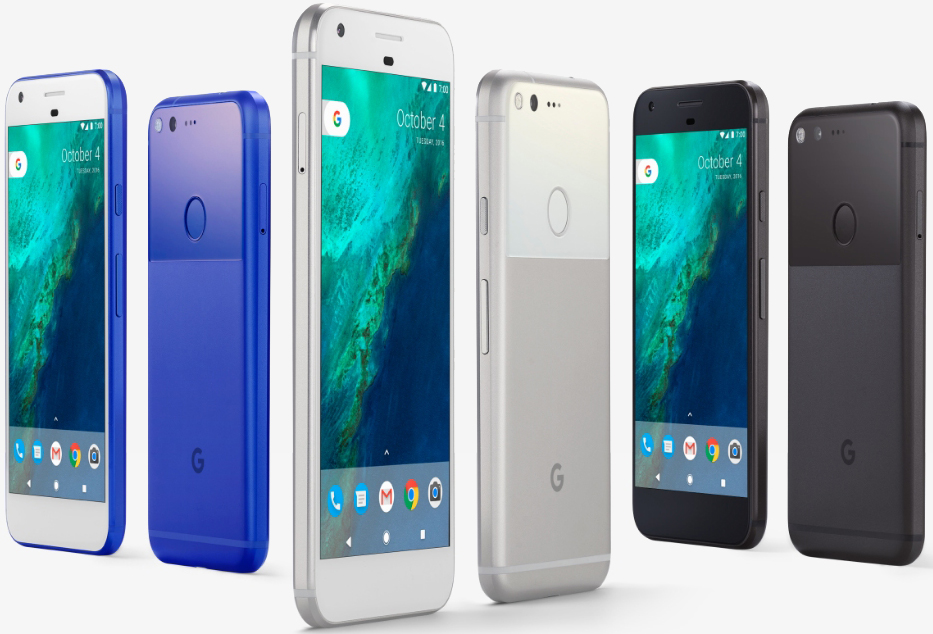
- Top notch hardware, camera, two sizes (5" and 5.5") on offer, flagship pricing
- One of the more iPhone-esque Android devices yet: no microSD, cohesive hardware/software experience, a dongle to transfer your files and a price to match iPhones is no coincidence
- First phone "made by Google"
- The differentiator: AI assistant built in the experience, seamless OS updates improve upon what Nexus already offered
- Verizon exclusive could translate in mainstream promotion and distribution that previous "Google" phones lacked. It'll still be available unlocked from Amazon and other retailers
Google Wifi
Similar to: Eero, Google OnHub
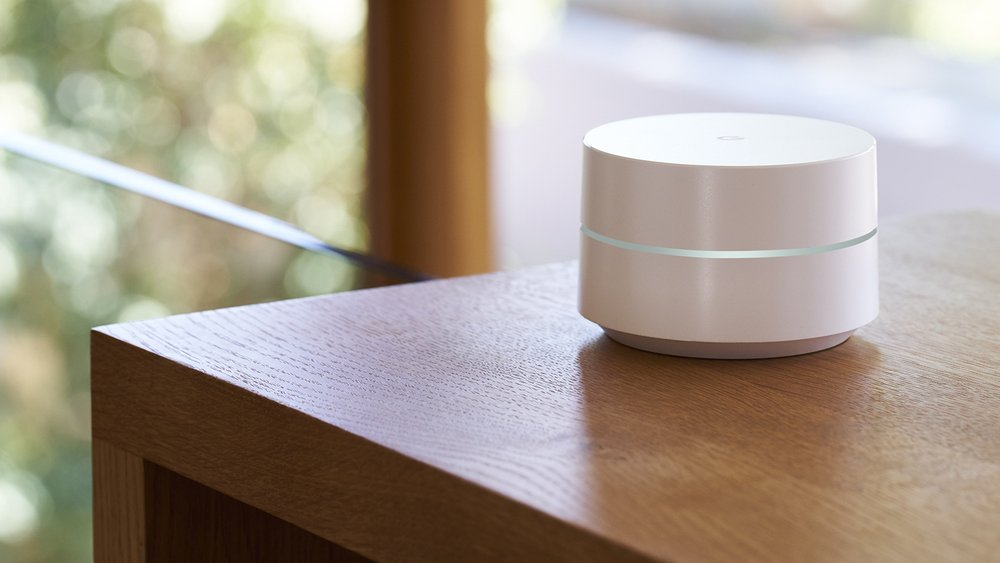
- Wi-Fi router that is easy to manage using a smartphone app and extend (just add more Wifi devices and extend your network – they'll see each other) sounds great on paper
- A single router is $129. A three pack will be $299, while three Eero devices are $499
- Capable of AC1200 wireless speeds, simultaneous dual-band 2.4GHz and 5GHz
- Does this mean the year-old OnHub is done as far as Google is concerned? What if the same happens to Wifi?
- OnHub was nice but didn't receive widespread positive reviews
Google Home
Similar to: Amazon Echo
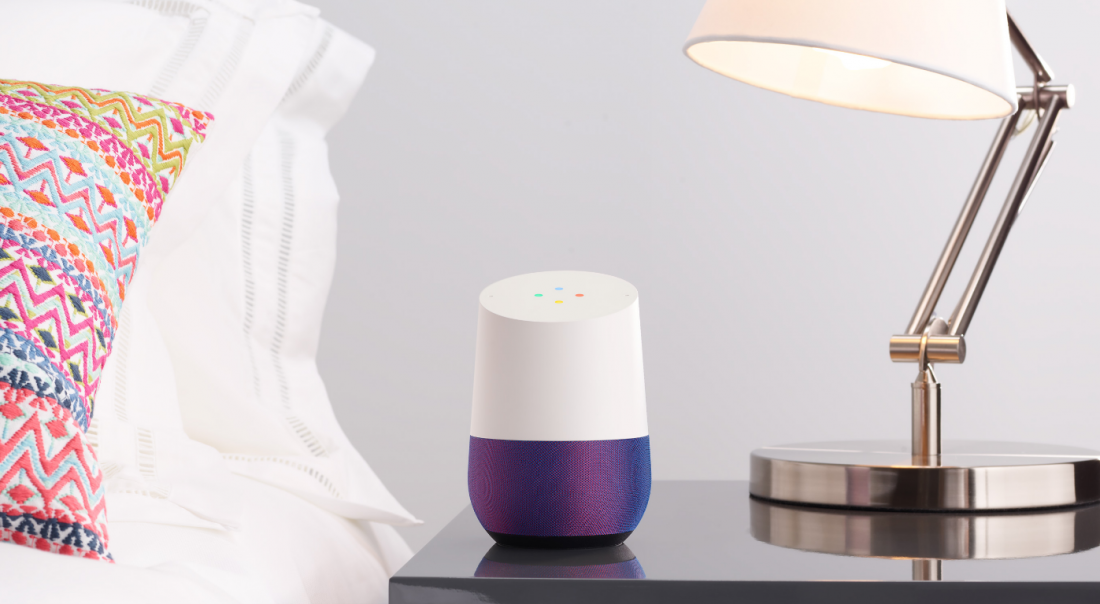
- If there was any doubt Amazon is onto something with the Echo, this confirms it.
- The Google Home is $129 vs. $180 for the Amazon Echo. A three-pack offering is $299.
- Not unlike other assistants, Google Home will infer context from questions and previous results, but Google is often cited as having an IQ advantage over Alexa, Cortana and Siri
- Most prominent button turns off the device's two mics, so Home is not "listening" all the time
- Will connect and control your Chromecast
- Will play nice if there's more than one Home device in the same household
- The Echo has the upper hand on integrations with hundreds of "skills" available until Home catches up
Google DayDream VR headset
Similar to: Samsung Gear VR, PlayStation VR
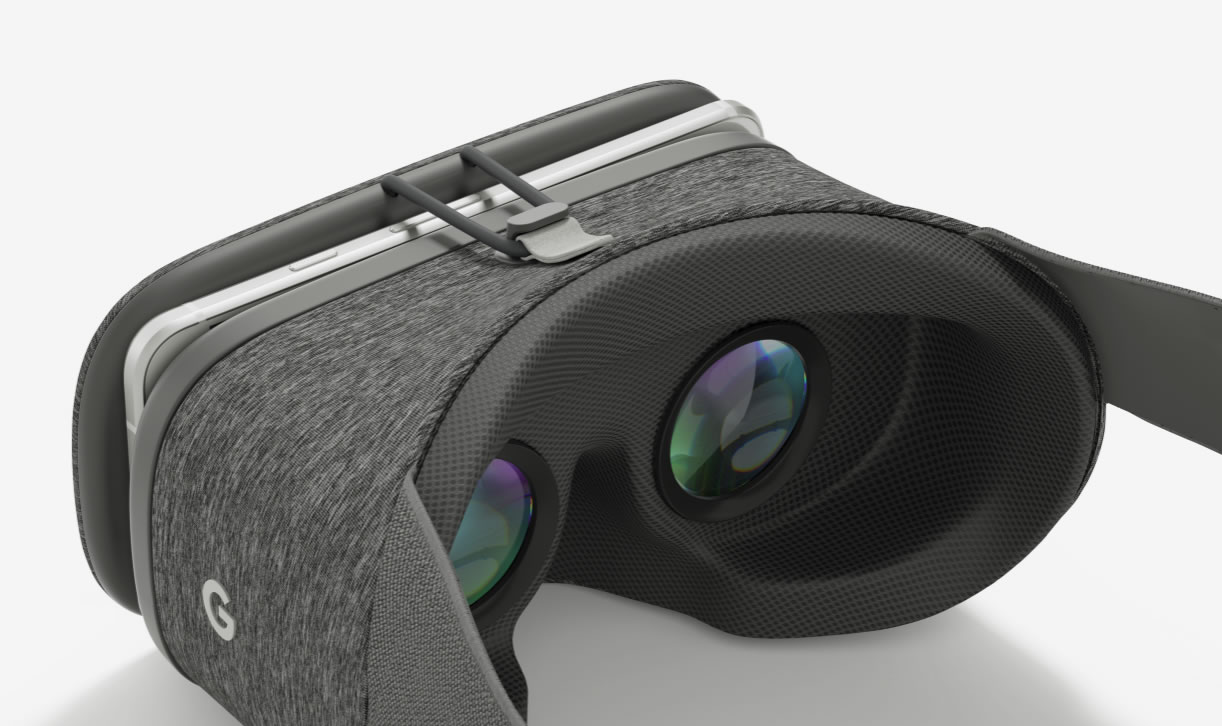
- Interesting take on design, uses fabric instead of plastic
- The phone becomes the most heavy component of the headset when in use (standalone headset is 220 grams)
- Small control (included) with sensors is unobtrusive, could be a simple yet effective solution to interact with VR content
- Daydream only works with the Pixel at launch. Other phones that support the DayDream platform could be used later as well
- This headset is supposed to be a showcase example to mature Google's VR platform
- VR remains a niche waiting to be adopted by mainstream consumers, PlayStation VR may have a better shot at this
Chromecast Ultra
Similar to: Amazon Fire stick, Roku stick, Apple TV
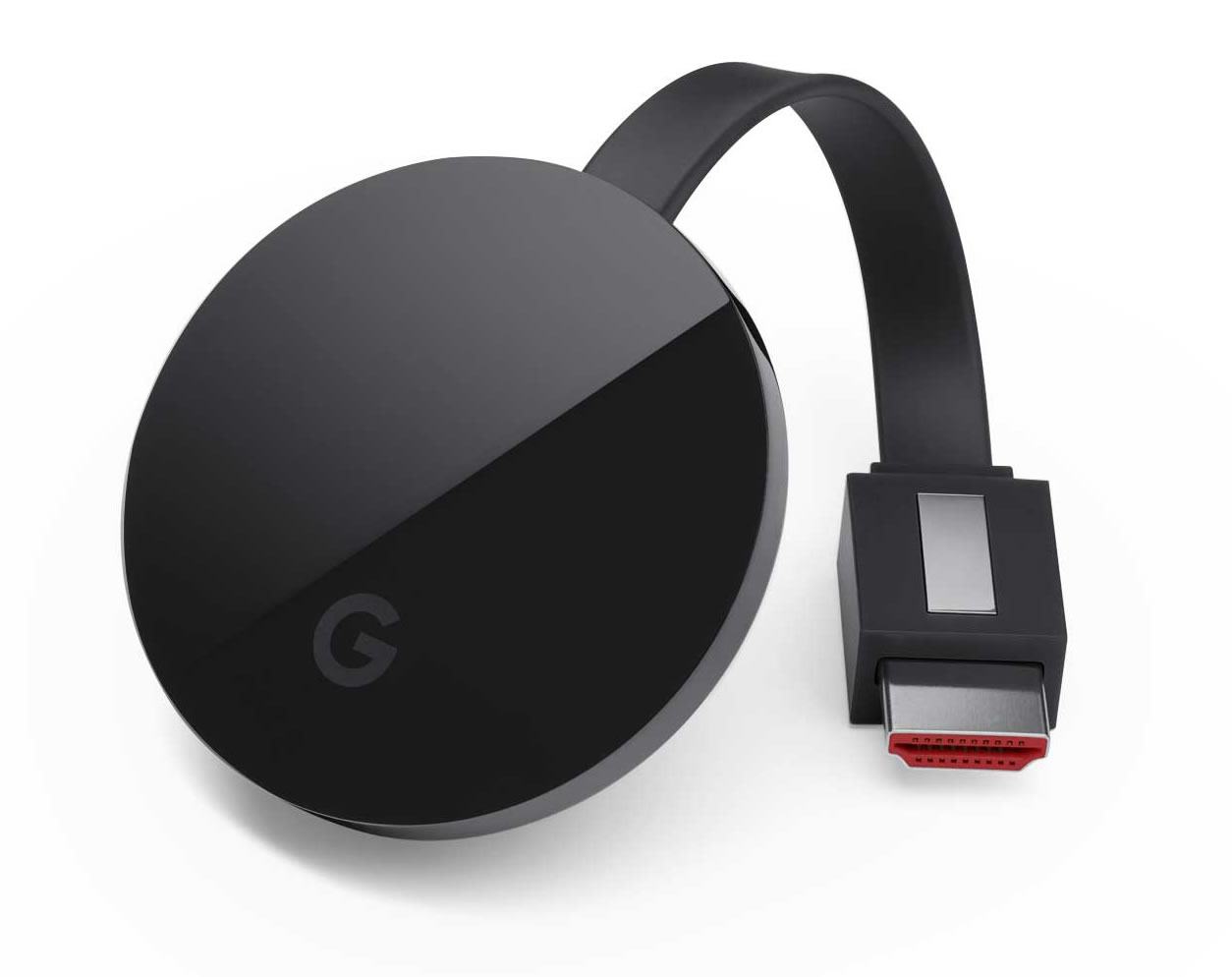
- Faster, 4K and HDR capable
- Ultra gets you an ethernet port
- Twice as expensive as the standard $35 puck; it's Google's most serious entry in the TV streaming market thus far
- Main content hubs will be YouTube, Netflix and Vudu
- Plays nice with phones (can mirror your Android screen) and can be voice controlled if you have Google Home
Side note: There was no mention of Android + Chrome OS hybrid "Andromeda" but it's extremely likely Google has something of the nature in the works.
